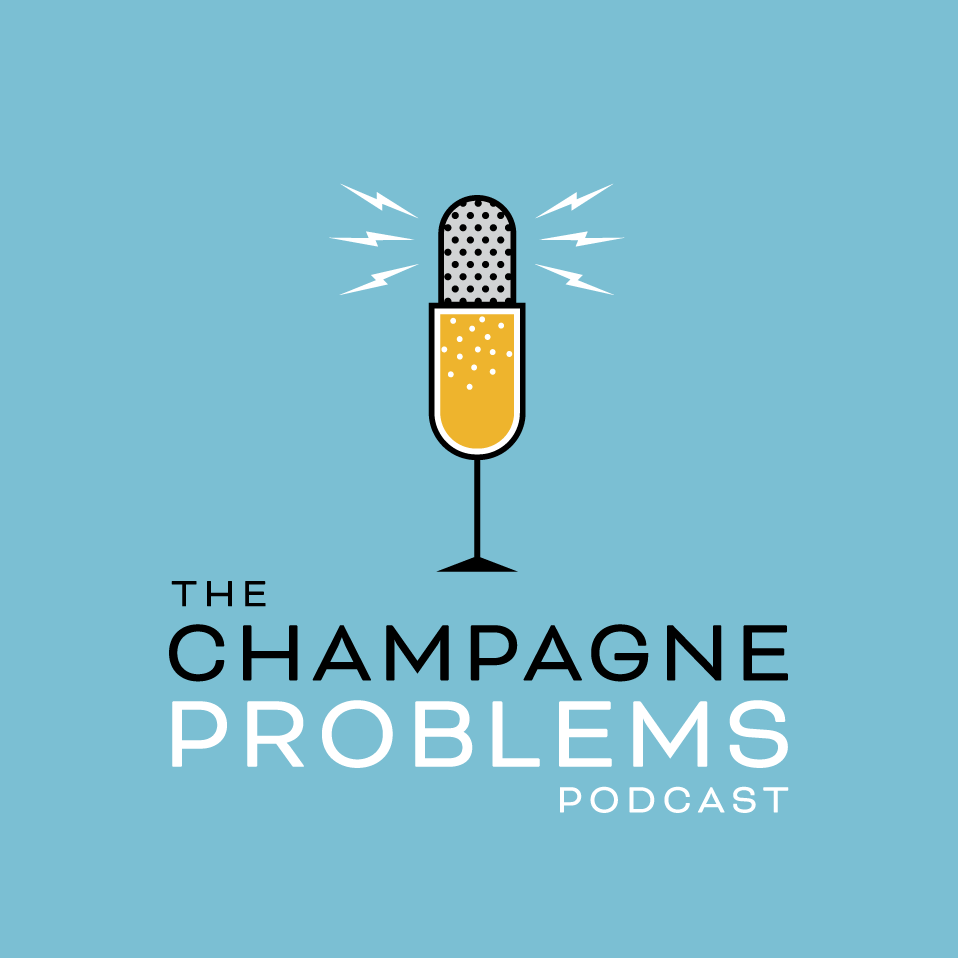Mental and Emotional Effects of Alcohol
For many people, drinking feels good. Hard to argue with that, right? You feel relaxed after that first drink. The day’s struggles don’t feel like such a big deal. In fact, you might feel more empowered or even optimistic about facing the next day.
But what if someone told you these effects were short-lived—or maybe no one has to tell you.
Alcohol consumption doesn’t just provide those temporary good feelings we often seek from substances or behaviors. It can change the way we cope with stressors over time by impacting our mental and emotional health.
Here’s how alcohol can have a greater impact on your mental and emotional wellbeing than you might think.
How Alcohol Impacts Your Emotions
That relaxed feeling we just talked about? That’s your brain being impacted by the chemical changes happening as a result of the alcohol.
Alcohol consumption affects a neurotransmitter called gamma-aminobutyric acid (GABA for short) that can help you feel calmer, and it increases dopamine—the “feel good” chemical in your body. Sounds good, right?
But wait—isn’t alcohol a depressant?
It’s true—alcohol has a twofold effect on the body. It “depresses”, or inhibits, the central nervous system (CNS) while producing initial feelings of calmness. The CNS includes your brain and spinal cord and makes it possible for you to remember things, interpret information, move, speak, and maintain awareness.
So while you may initially feel relaxed and positive—which can encourage you to drink more—eventually, the CNS becomes so impacted by the alcohol that you may have trouble remembering things, your speech may be slurred, and your reaction time slows down.
Alcohol’s effect on emotions can go something like this:
Initially, you feel good with small amounts of alcohol—negative feelings may disappear.
You continue drinking to keep the good feelings coming, but larger amounts can cause sadness, increased anxiety, and irritability. In some people, it may lead to aggressive or violent behavior.
Once your body has processed the alcohol and it’s no longer in your system, you may feel empty, devoid of any positive emotions. This is usually why people continue drinking, which can create a cycle of dependency.
To put it simply, alcohol uses up those feel-good chemicals in your body that help you regulate your emotions. When the alcohol is gone, anxiety, depression, and dread can creep in.
Drinking’s Effect on Your Mental Health
Now that we’ve looked at emotions, let’s take a closer look at the mental health effects of alcohol.
If you have an existing mental health condition, drinking can exacerbate it. For example, if you have bipolar disorder, drinking can make the highs and lows of your emotions even more extreme.
In addition, if you’re on mental health medication such as an anti-depressant, alcohol cancels out the effect of the medication since it is a depressant. This effect can make symptoms of your depression worse in the hours or days following alcohol consumption.
Alcohol has also been shown to:
Increase anxiety for up to 24 hours after the effects wear off. Heavy drinking may increase the likelihood of panic attacks.
Hinder emotional regulation, which can contribute to mood swings, inability to calm down, or becoming easily angered or irritated.
Increase symptoms of depression, including sadness, loneliness, and fatigue, as well as your risk of developing depression.
Negatively impact your quality of sleep, which can worsen symptoms of existing mental health conditions.
Have a strong association with self-harm and suicide, including suicidal thoughts and suicide attempts. If you have an existing mental health condition, the risk may increase.
In case you were wondering, there’s no established difference in the type of alcohol consumed and these effects.
How Does Drinking Impact You?
Everyone is unique, and the mental and emotional effects of alcohol consumption vary from person to person. It depends on your current mental and emotional health, how much alcohol you drink, how long you’ve been drinking, and how recently you’ve had a drink.
Do any of these effects sound familiar? How does alcohol impact your mental and emotional wellbeing? Let us know in the comments!
